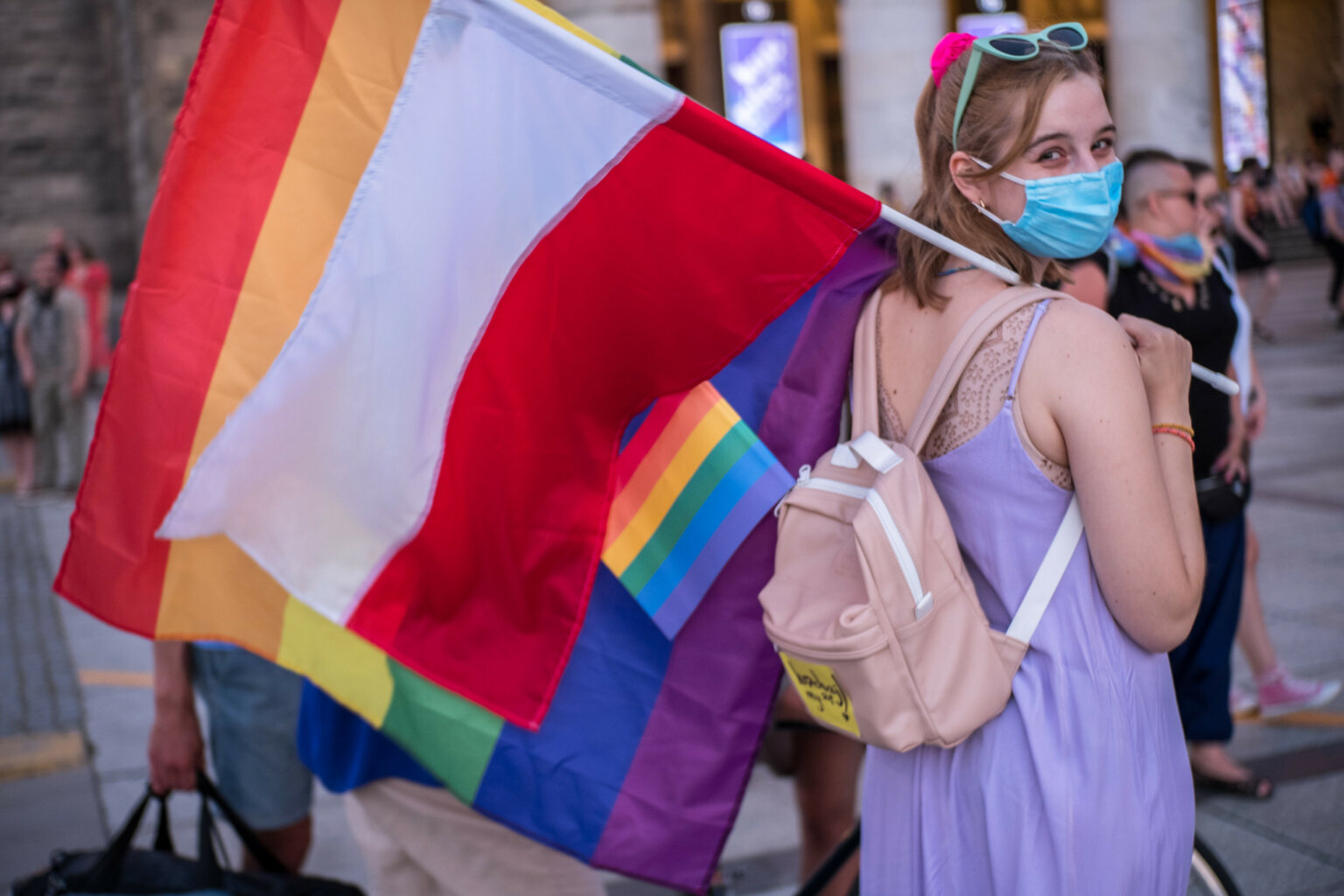- About
- Topics
- Picks
- Audio
- Story
- In-Depth
- Opinion
- News
- Donate
- Signup for our newsletterOur Editors' Best Picks.Send
Read, Debate: Engage.
| topic: | Racism |
|---|---|
| located: | Poland |
| editor: | Katarzyna Rybarczyk |
While discrimination exists in many forms worldwide, discrimination based on race is one of the most prevalent, especially in countries that lack racial diversity. In Poland, for example, white people make up 97 percent of the population. Unfortunately, because of this, racism is a deeply-rooted social issue and Black people in Poland are frequently subjected to maltreatment and exclusion.
Black people in Poland are typically called ‘murzyn,’ a Polish racial epithet that has been around for decades and has been found derogatory and offensive by Poland’s Black communities.
In 2020, five Afro-Polish women launched an anti-racism campaign represented by the hashtag #DontCallMeMurzyn. The movement started with a video, in which the women explained why addressing people using this word is disrespectful. “I hate this word and I try not to use it because to me it has such a negative, harsh overtone. Each time I hear this word, I feel like someone is clawing at my heart,” explained Marta Udoh, one of the creators of the video.
Unfortunately, verbal discrimination is not the only form of harassment that Black people in Poland deal with. Surveys show that more than 40 percent of all hate crimes committed in Poland are experienced by people from Sub-Saharan Africa. Additionally, a study done by the Office for Democratic Institutions and Human Rights (ODIHR) found that, out of Poland’s minority groups, Black people are most frequent victims of physical attacks.
Racial prejudices of Polish society became apparent following the outbreak of the war in Ukraine when non-white refugees seeking shelter in Poland faced violent attacks.
One of the reasons that xenophobic attitudes are prevalent in Poland is the far-right governance of the Law and Justice party, which is known for glorifying nationalism. “Neo-fascist movements and groups are active out in the open in Poland and some of their members had even been elected to Parliament, while the Government does not seem to take effective action to stop the surge of racist violence,” the UN Committee on Racial Discrimination pointed out.
Luckily, the international community does not remain indifferent to the absence of government action. The European Commission against Racism and Intolerance (ECRI) is currently working on recommending measures that should be implemented by Polish authorities to combat racism.
Still, as many Poles - habituated to functioning in a predominantly white society - are biassed, organising campaigns promoting tolerance, advocating against racism and teaching people about the importance of racial equality are crucial. Changing people’s mindsets is a prerequisite for Poland to be able to take a step towards ending racial discrimination.
Image by Kris Cros

